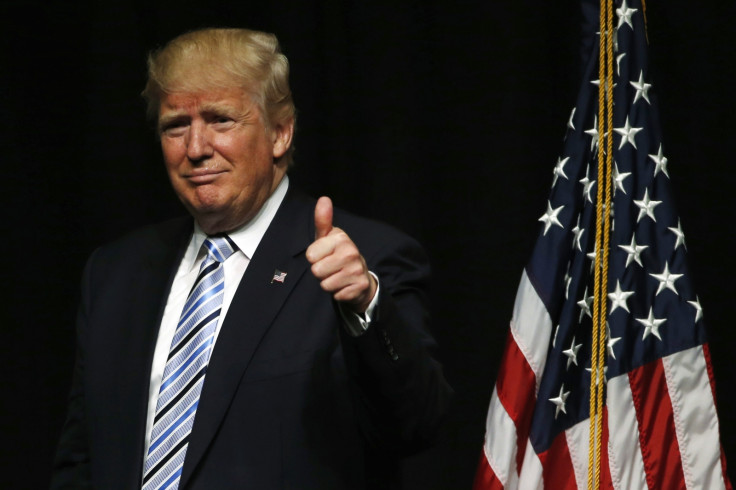Donald Trump says his digs against 'Mexican' judge were 'misconstrued'

After GOP presidential candidate Donald Trump slammed into a wall of criticism for his comments that he couldn't get a fair hearing on Trump University from a "Mexican" judge, he now says his statements were "misconstrued", whilst also saying he won't be discussing the issue again.
That's a whiplash turn-around from Trump's strategy compared to the previous day, when the candidate was urging his supporters to heat up the commentary and attack anyone who characterised his comments as racist.
Trump was rocked by blasts by both Democrats and Republicans when he complained that federal Judge Gonzalo Curiel was unfair to him when he ordered Trump University records released in lawsuits accusing the operation of fraud.
Trump said the judge was "Mexican" and indicated he was out to retaliate for Trump's harsh stance on Mexican immigrant when, in fact, Curiel was born in the US. Trump also said he probably couldn't get a fair hearing by a Muslim judge.
US Speaker Paul Ryan, who came out supporting Trump just days ago, called the words a "textbook definition of a racist comment." Ryan added: "I disavow those comments." But he also added that Trump was nevertheless a better alternative than Hillary Clinton in the White House.
The incident appears to be a new problematic level for Trump, who has so far been a "teflon candidate," with harsh criticism rolling off his back and not appearing to effect his popularity. The severity this time is clear in Trump's decision to keep his mouth shut on the issue.
The attacks on Curiel have also unleashed a surprising new fury against Trump.
"Take your border wall and shove it up your ass," Texas Representative Filemon Vela told Trump, calling him a "racist."
"You have now descended to a new low in your racist attack," Vela wrote in an open letter to Trump that appeared in the Texas Tribune.
"Before you dismiss me as just another 'Mexican,' let me point out that my great-great grandfather came to this country in 1857, well before your own grandfather," Vela then added.
© Copyright IBTimes 2025. All rights reserved.






















